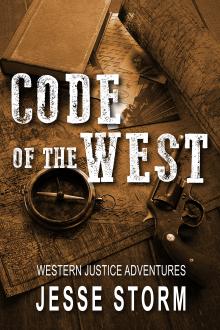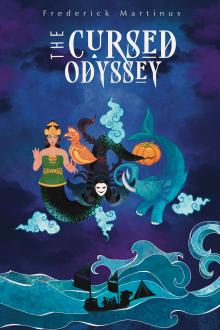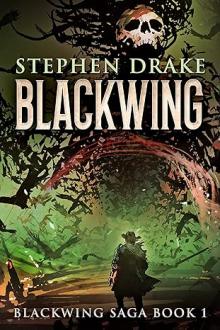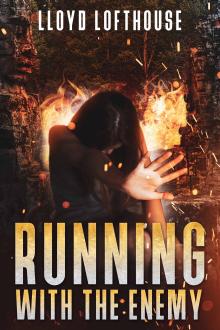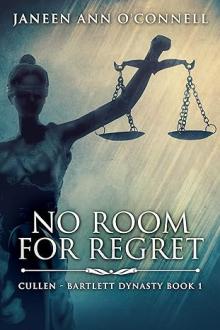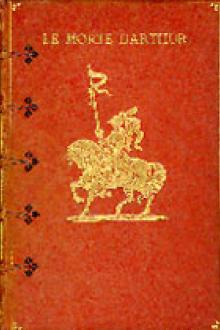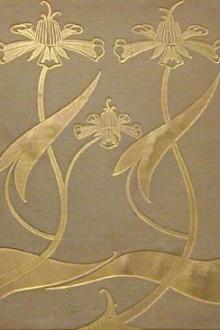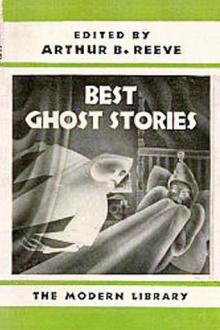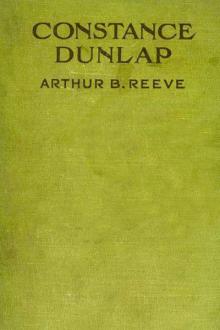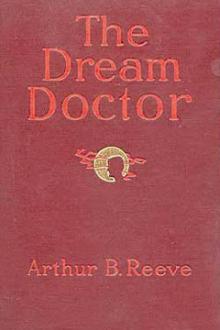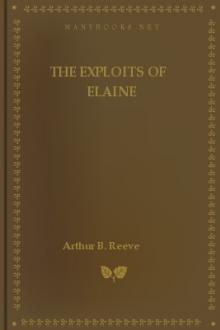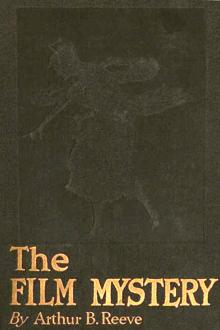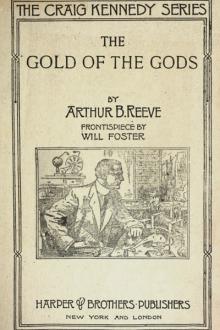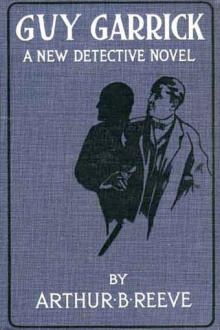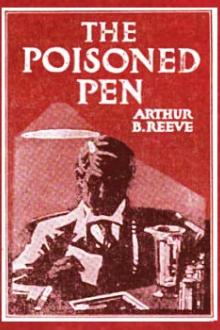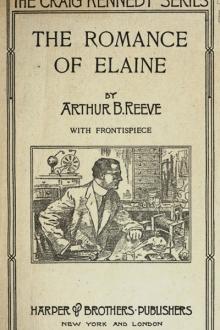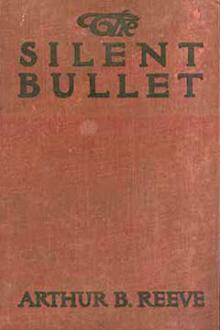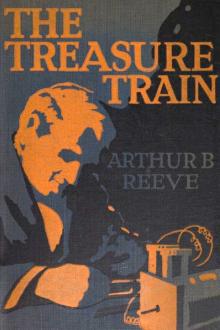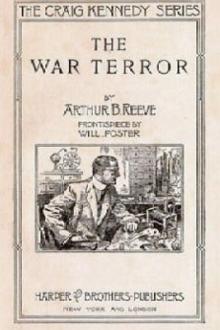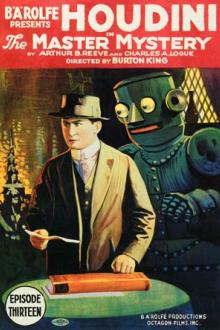The Ear in the Wall
The Ear in the Wall
Book Excerpt
ng, I shall let you know."
The District Attorney went out with Mrs. Blackwell. Busy as he was, he had time to turn aside to help this bereaved woman, and I admired him for it.
"Do you think it is one of those cases like some that Carton has uncovered on the East Side and among girls newly arrived in the city?" I asked Craig when the door was shut.
"Can't say," he returned, in an abstracted study.
"It's awful if it is," I pursued. "And if it is, I suppose all that will result from it will be a momentary thrill of the newspaper-readers, and then they will fall back on the old saying that after all it is only a result of human nature that such things happen--they always have happened and always will--that old line of talk."
"That sort of thing is NOT a result of human nature," returned Kennedy earnestly. "It's a System. I mean to say that if it should turn out to be connected with the vice investigations of Carton, and not a case of aphasia, such a disappearance you would find
FREE EBOOKS AND DEALS
(view all)Popular books in Mystery/Detective, Fiction and Literature
Readers reviews
3.7
LoginSign up
A really fantastic book, less so for the mystery/adventure, moreso for the fascinating snapshot of the underground of NY in 1916. It takes you on a whirlwind tour of the life of gangsters, district attorneys, sufferegettes, the city morgue and black and tan joints.
The author was apparently a reporter and his eye for detail shines through. I love books like this, written during the actual time period, rather than an author imagining they were there. If this were written by a contemporay author, the author would feel the need to encourage the heroines the sufferegette movement, or comment on the wonderful mixing of whites and blacks at a black and tan joint, in order to be "on the right side of history", rather than just reporting the conditions without judgement, just using them to add colour to the atmosphere.
The enthusiasm for the lastest technological advances in listening devices such as a "detectograph"would also be missed.
A true gem that deserves to be celebrated and not passed into obscurity. Much better than any modern writer could do with the time period.
The author was apparently a reporter and his eye for detail shines through. I love books like this, written during the actual time period, rather than an author imagining they were there. If this were written by a contemporay author, the author would feel the need to encourage the heroines the sufferegette movement, or comment on the wonderful mixing of whites and blacks at a black and tan joint, in order to be "on the right side of history", rather than just reporting the conditions without judgement, just using them to add colour to the atmosphere.
The enthusiasm for the lastest technological advances in listening devices such as a "detectograph"would also be missed.
A true gem that deserves to be celebrated and not passed into obscurity. Much better than any modern writer could do with the time period.
- Upvote (0)
- Downvote (0)
I found this pulp piece mildly amusing. Not so much for the story but for how anachronistic it is today. The mores, conventions, the 'ultra-modern' investigative contraptions invented...
I used it as a nightly sleeping pill and eventually got through it. It isn't the sort of stuff I normally read, and I believe that it and its ilk can pass into obscurity.
Though the other reviewer, with more insight into history, did make some fine points about it being a bit of a time capsule.
I used it as a nightly sleeping pill and eventually got through it. It isn't the sort of stuff I normally read, and I believe that it and its ilk can pass into obscurity.
Though the other reviewer, with more insight into history, did make some fine points about it being a bit of a time capsule.
12/08/2010
While the poltical machine controlling New York City is making its deals with criminal gangs and Wall Street plungers, a telephonic device is in the wall. At the other end of the line is Betty Blackwell, who transcribes the plans and places them in a black book.
Now both Betty and the Black Book have disappeared, the the crusading district attorney recruits Craig Kennedy to find both before. Kennedy and Jameson, aided by a tough but compassionate woman detective start a race with Tammany Hall to recover the Black Book and to save Betty.
This is an interesting book, not for the technology, which is simply what was then the telephonic and photographic technology available rather than new Craig Kennedy inventions, but for the picture of New York and the relationship of criminal gangs and the political machine at that time. The book discusses the protection payments from the prostituion and dope rings to the police, the role of the upper classes in profiting from politrical graft, and the starvation of city services under he entrenched political power of Tammany. It also shows the qualities which make some of the corrupt politicians lieable even to thos who fight them and the mutual loyalty of the machine and those who support it. Particularly interestting in terms of the provision of city services is the harrowing (and accurate) account of conditions at the City Morgue.
At the time this book was written, the actual (teemporary) breaking of Tammany's hold, under a real crusading district attorney (Thomas Dewey) and a real reform minded mayor (Fiorello LaGuardia) was still a dozen years in the future. It should be noted that the real reformers, like Reeve's characters) also allowed some of their targets to escape to Europe.
This is a pretty good adventure/mystery. Reeves literary effort and presumably his work as a reporter, probably contributed to the change in pulic attitudes whice allowed the reformers to take control of the city. I would rate this about 3 1/2
Now both Betty and the Black Book have disappeared, the the crusading district attorney recruits Craig Kennedy to find both before. Kennedy and Jameson, aided by a tough but compassionate woman detective start a race with Tammany Hall to recover the Black Book and to save Betty.
This is an interesting book, not for the technology, which is simply what was then the telephonic and photographic technology available rather than new Craig Kennedy inventions, but for the picture of New York and the relationship of criminal gangs and the political machine at that time. The book discusses the protection payments from the prostituion and dope rings to the police, the role of the upper classes in profiting from politrical graft, and the starvation of city services under he entrenched political power of Tammany. It also shows the qualities which make some of the corrupt politicians lieable even to thos who fight them and the mutual loyalty of the machine and those who support it. Particularly interestting in terms of the provision of city services is the harrowing (and accurate) account of conditions at the City Morgue.
At the time this book was written, the actual (teemporary) breaking of Tammany's hold, under a real crusading district attorney (Thomas Dewey) and a real reform minded mayor (Fiorello LaGuardia) was still a dozen years in the future. It should be noted that the real reformers, like Reeve's characters) also allowed some of their targets to escape to Europe.
This is a pretty good adventure/mystery. Reeves literary effort and presumably his work as a reporter, probably contributed to the change in pulic attitudes whice allowed the reformers to take control of the city. I would rate this about 3 1/2
10/18/2006
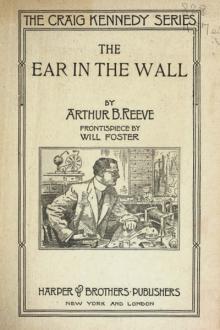
 Free Download
Free Download
